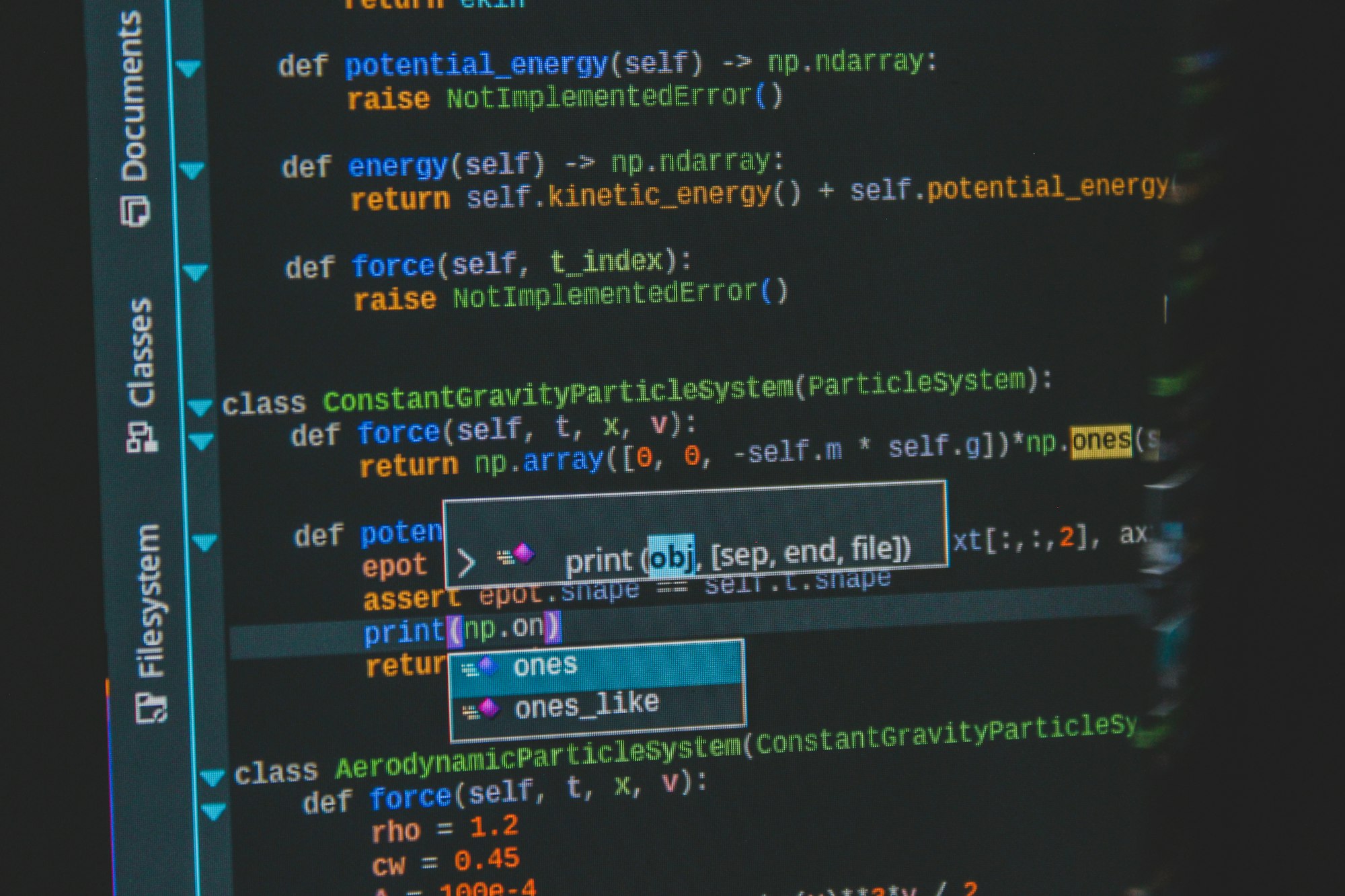
In the ever-evolving landscape of technology, staying abreast of the latest trends in coding is crucial for developers and tech enthusiasts alike. From programming languages to frameworks and tools, the world of coding is constantly evolving to meet the demands of modern software development. Let’s delve into some of the most prominent trends shaping the coding ecosystem in recent times.
1. Low-Code/No-Code Development Platforms:
Low-code and no-code development platforms have been gaining significant traction in recent years. These platforms empower users to create applications with minimal coding knowledge, utilizing visual interfaces and drag-and-drop functionalities. By abstracting away much of the traditional coding complexities, low-code/no-code platforms enable rapid application development, allowing businesses to streamline their processes and innovate faster.
2. Machine Learning and AI Integration:
Machine learning (ML) and artificial intelligence (AI) continue to revolutionize various industries, and their integration into coding practices is becoming increasingly prevalent. Developers are leveraging ML frameworks and libraries to build intelligent applications that can analyze data, recognize patterns, and make predictions. From natural language processing to computer vision, the possibilities are endless with AI-powered coding technologies.
3. Progressive Web Apps (PWAs):
Progressive web apps combine the best of web and mobile applications, offering users a seamless and engaging experience across different devices. With features like offline functionality, push notifications, and responsive design, PWAs are becoming the go-to choice for businesses looking to deliver high-performance web experiences. Modern web development frameworks and tools facilitate the creation of PWAs, enabling developers to build fast, reliable, and engaging web applications.
4. Serverless Computing:
Serverless computing, also known as function-as-a-service (FaaS), is revolutionizing the way applications are deployed and managed in the cloud. With serverless architectures, developers can focus on writing code without worrying about infrastructure management. Cloud providers handle the provisioning, scaling, and maintenance of servers, allowing developers to build and deploy applications more efficiently. Serverless computing offers scalability, cost-effectiveness, and agility, making it an attractive option for modern application development.
5. Blockchain Development:
Blockchain technology has gone beyond cryptocurrencies and is now being explored for various use cases, including supply chain management, identity verification, and decentralized finance (DeFi). Developers are leveraging blockchain platforms and smart contracts to build secure and transparent applications that facilitate peer-to-peer transactions and data exchange. With the growing interest in decentralized technologies, blockchain development skills are in high demand across industries.
6. Containerization and Microservices:
Containerization technologies like Docker and Kubernetes are reshaping the way applications are developed, deployed, and managed. By packaging applications and their dependencies into lightweight containers, developers can ensure consistency across different environments and streamline the deployment process. Microservices architecture complements containerization, allowing developers to build scalable and resilient applications composed of loosely coupled services. Together, containerization and microservices empower organizations to achieve agility, scalability, and reliability in their software delivery pipelines.
Conclusion:
The coding landscape is constantly evolving, driven by technological advancements and changing market demands. Developers who embrace these latest trends and technologies stand to gain a competitive edge in today’s fast-paced digital economy. Whether it’s leveraging low-code platforms for rapid application development or harnessing the power of AI and blockchain, staying ahead of the curve is essential for success in the ever-changing world of coding. As we continue to witness new innovations and developments, the future of coding promises to be both exciting and transformative.




